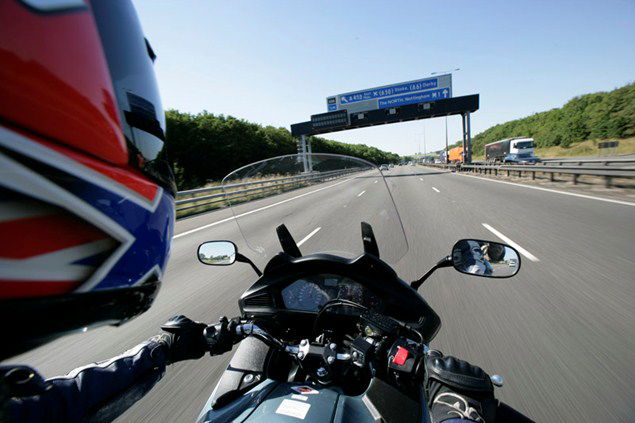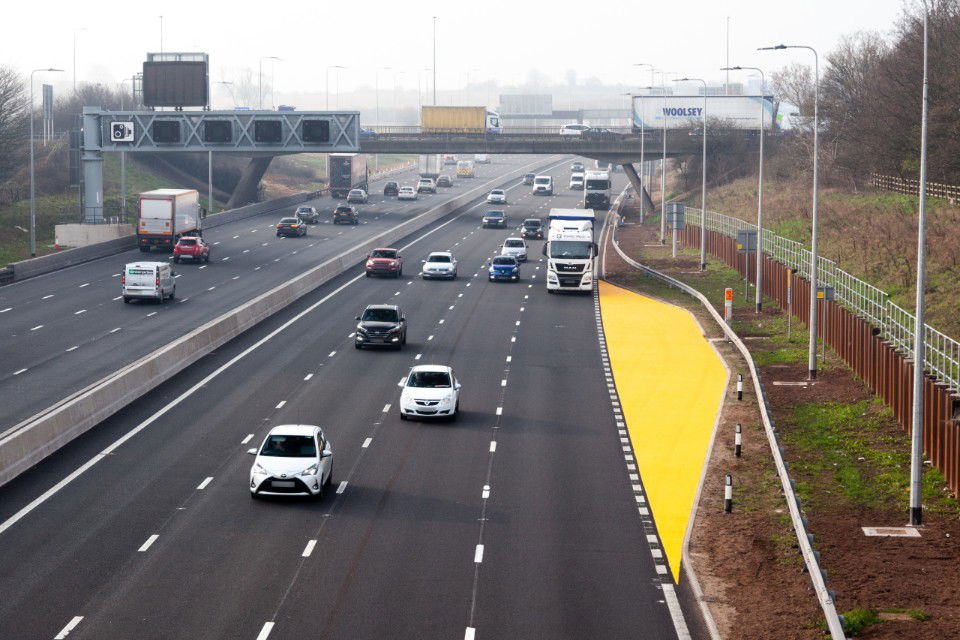Indonesia targets 2 million electric two-wheelers by 2025
Indonesia is targeting two million electric two-wheelers by 2025, and a big part of that is the development of charging and battery swap infrastructure.

Indonesia is planning to have two million electric motorcycles on its roads by 2025, according to the country’s transport minister.
The switch from internal combustion engines (ICE) - or at least ones that exclusively burn fossil fuels (which for the moment is near-as-makes-no-difference all of them) - to electric motors to power vehicles is one that almost all countries are currently having to consider.
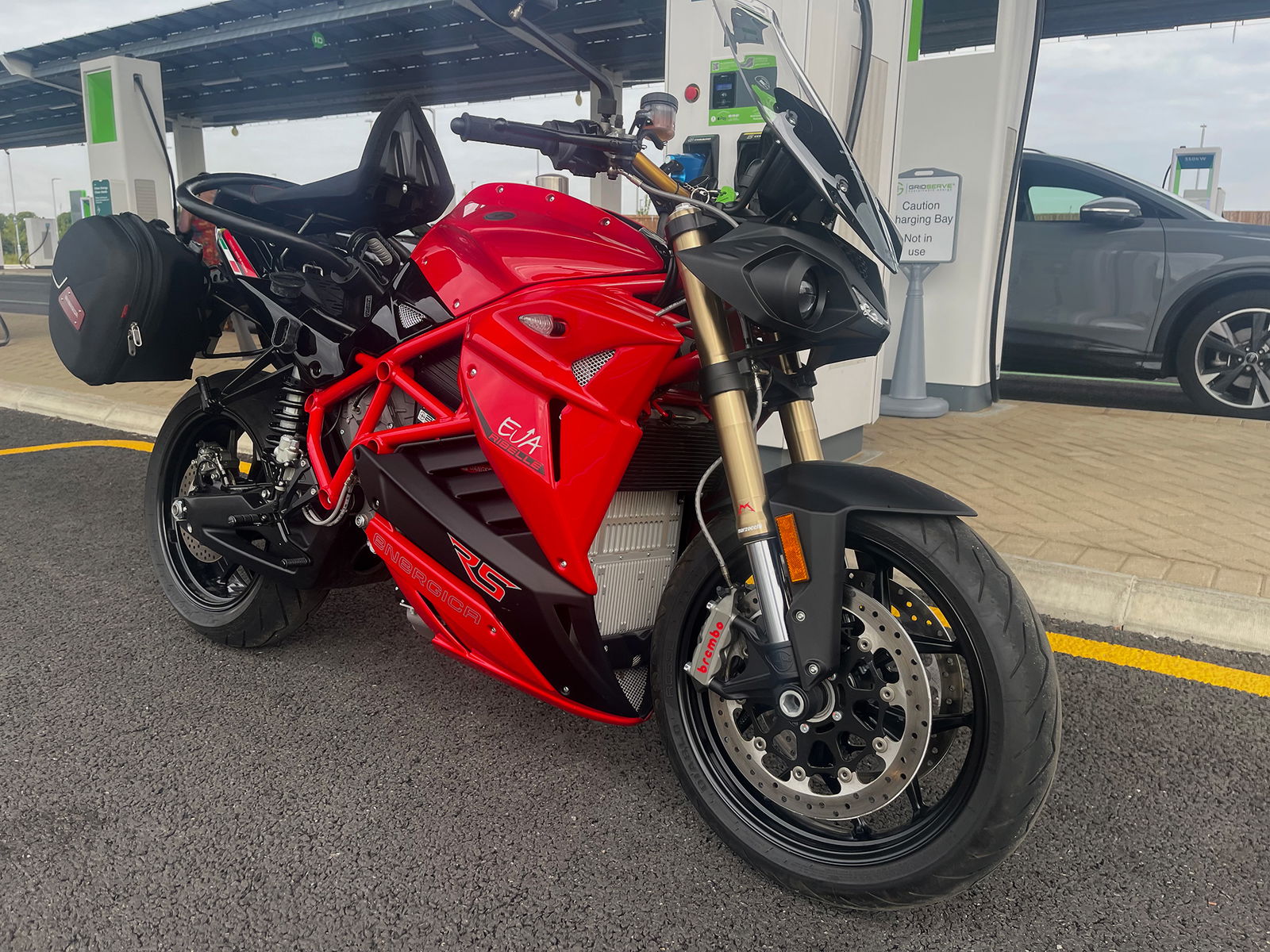
Part of the problem with doing that is the cost of new electric vehicles (EV), and their relative lack of range compared to ICE vehicles makes them unviable for many people, especially those looking to stick to four wheels and/or needing or wanting to travel more than a few hundred kilometres.
But, in the cases where people are looking for an alternative transport solution to their current ICE method and they are not looking to go especially far there are electric options available. Particularly, electric two-wheelers can fill this gap, and in Indonesia that is what they are counting on.
The New Straits Times reports that the Indonesian transport minister, Budi Karya Sumadi, sees Indonesia’s huge motorcycle industry as an opportunity to speed up the change from ICE to electric, and wants to see two million electric two-wheelers on Indonesia's roads by 2025.
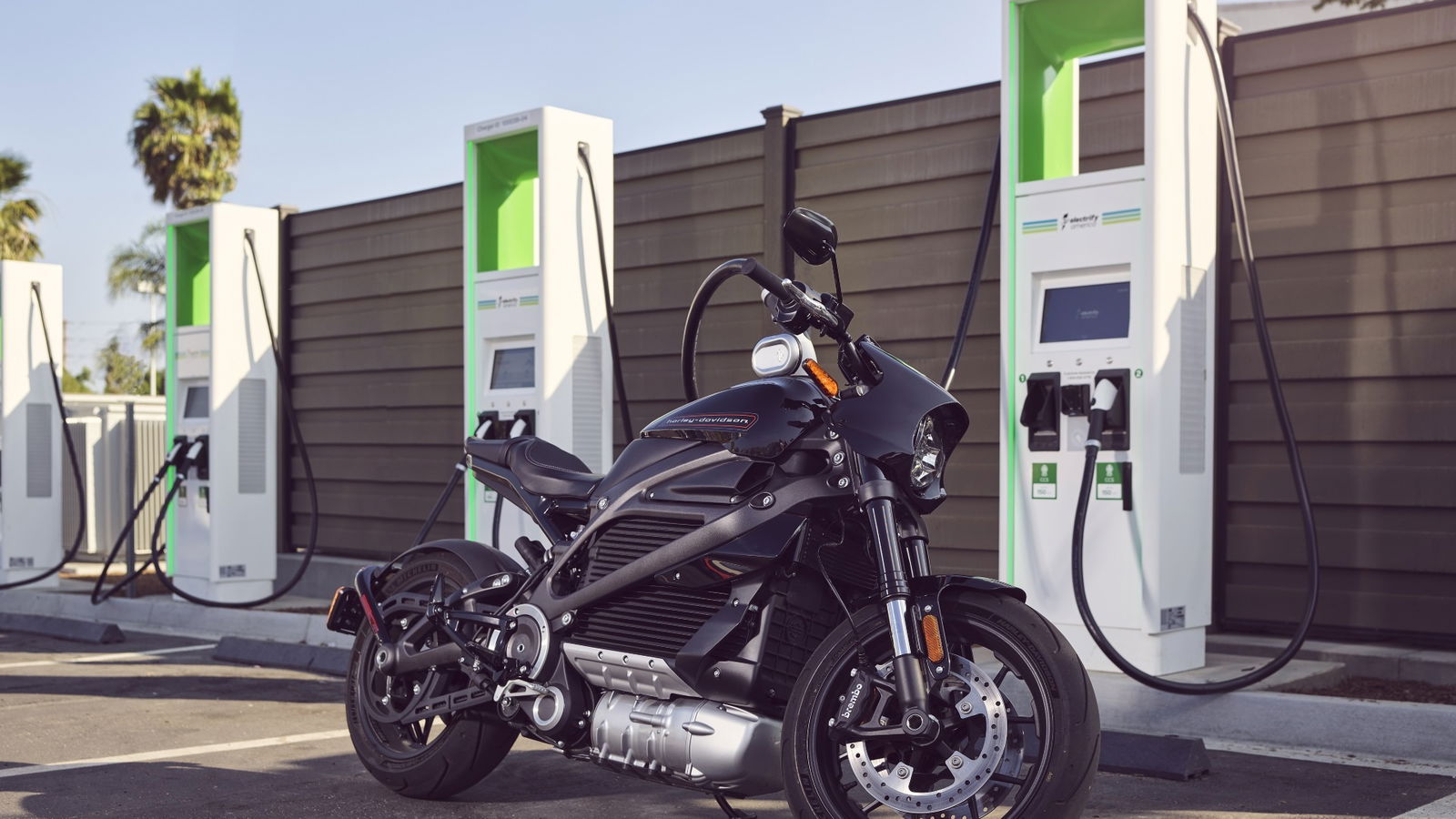
Indonesia is a case which is perhaps similar to its neighbours in South East Asia, but compared to us here in the UK and our neighbours, perhaps there is less similarity, because two-wheelers are already the primary and major transport method in these places.
But, aside from the popularity of motorcycles, many of the hurdles to overcome for Indonesia in its electrification ambitions are similar to those in our part of the world, and one of the most fundamental is infrastructure.
Charging stations must become more numerous both here and in Indonesia if electrification is to be successful, but Indonesia is also looking at battery swap stations.
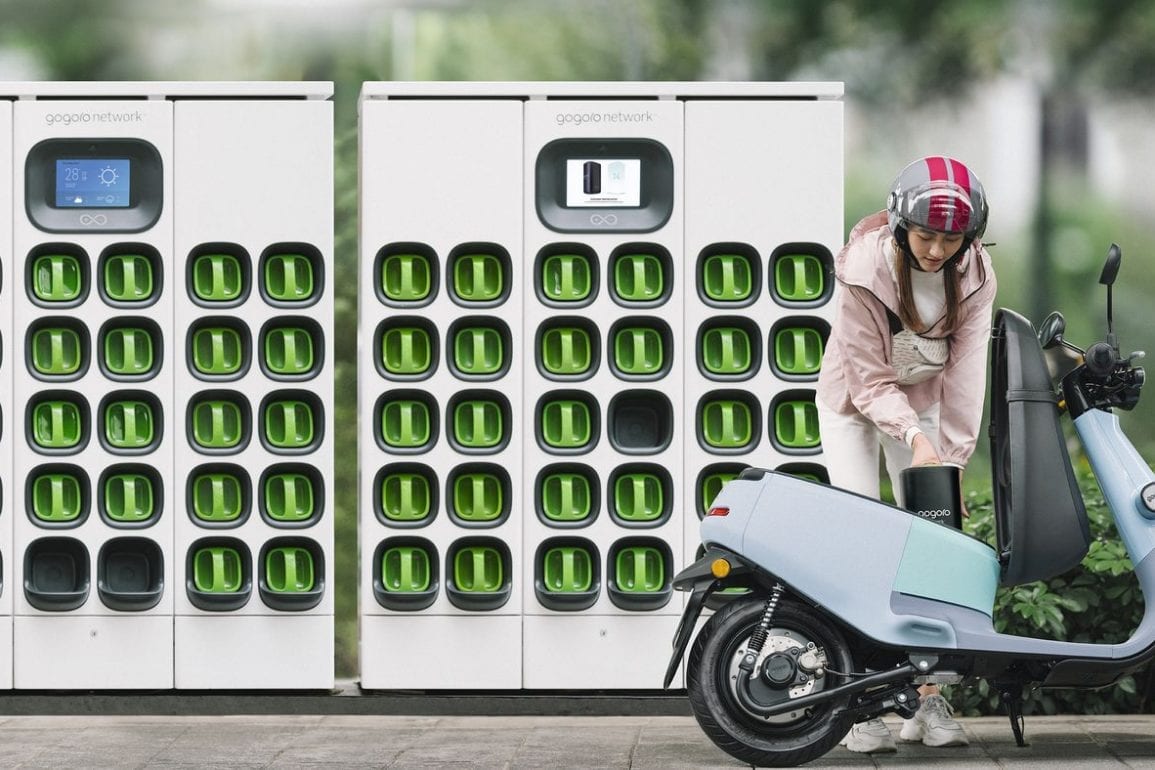
That (battery swap stations) is an idea which is more easily implemented in a country like Indonesia where motorcycles are the majority, compared to here in the UK where cars are the majority. Battery swap stations can work in motorcycle-first places because many - especially lower-powered - electric two-wheelers already come with removable batteries, but this is less common in electric cars.
A Reuters article in March 2022 said that former Aston Martin CEO Andy Palmer, who is now head of EV manufacturer Switch Mobility, saw the prospect of car manufacturers agreeing to standardised, swappable batteries as something that is not going to happen.
In China, they take a different view and, if they pull it off with success, the approach of global manufacturers like Volkswagen, for example, might change. But, as it is, battery swapping is less likely to become a major thing in the UK, for example, compared to Indonesia (or Taiwan, where it is already quite established) because our transport network is based on four-wheelers, not two-wheelers.

This would be in spite, of course, of the growth of the Swappable Batteries Motorcycle Consortium which also includes major motorcycle manufacturers like the four major Japanese manufacturers (Honda, Yamaha, Suzuki, Kawasaki) and big European brands like KTM and the Piaggio Group.
The Chinese manufacturer, NIO, has been working on battery swap technology, and is also planning to trial that in Europe (in fact, it already has at least one swapping station open, in Norway). But, whether that will be successful, whether it will ever be brought to the UK (which recently labelled China a “threat”) remains unclear.
Certainly, it seems more likely that battery swaps for motorcycles would be more successful in the UK if the same kind of network became prominent in electric cars, but as long as the car manufacturers wish to keep hold of their own proprietary batteries such a network seems unlikely.
